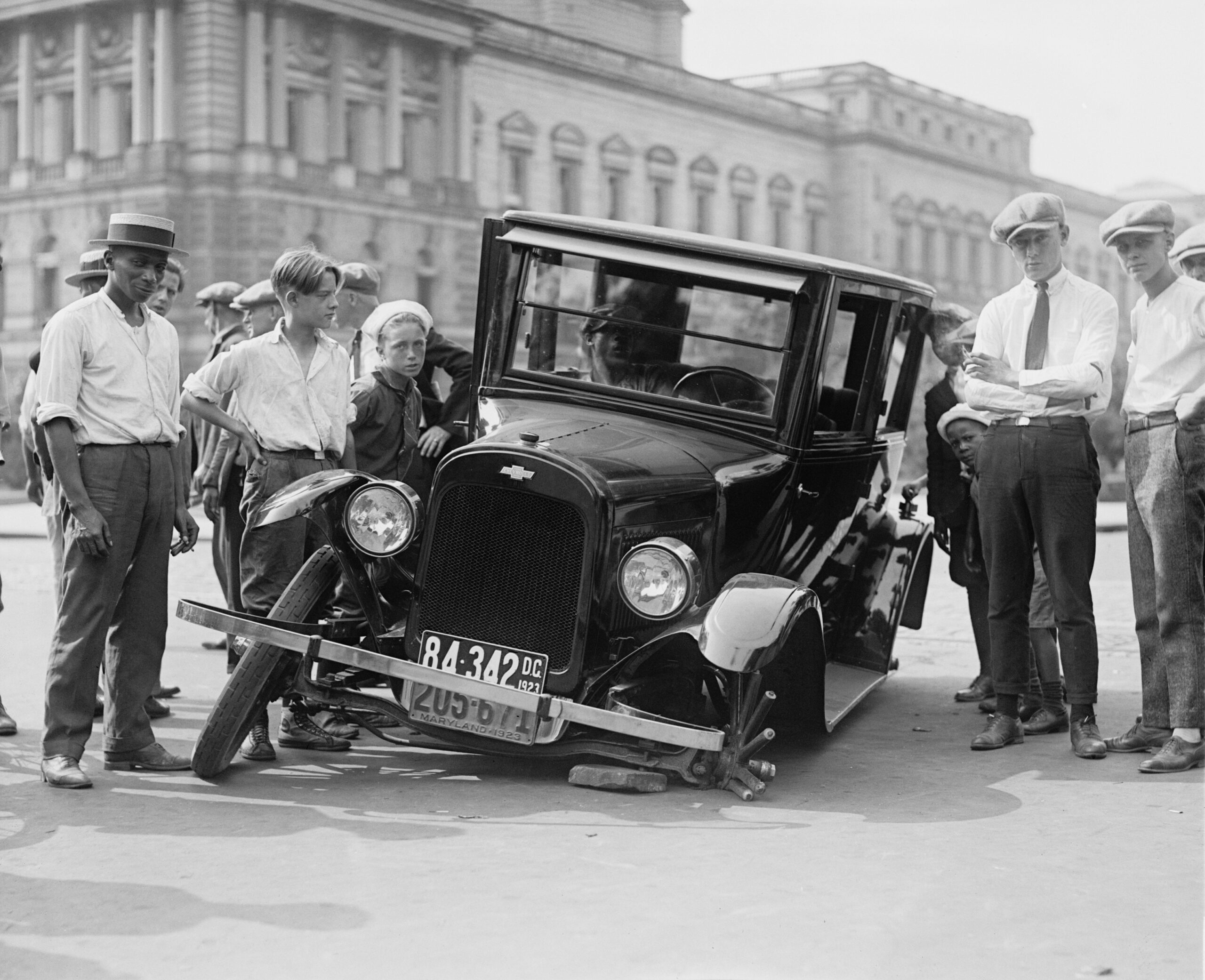
In all states, the answer to this question is complicated, mostly because of the federal Graves Amendment. But in New York, the answer to this question is really, really complicated.
Alas, this question is also a common one. A standard, fully-loaded U-Haul truck weighs over 22,000 pounds. Normally, vehicles that large require a commercial drivers’ license. Yet pretty much anyone who walks into a U-Haul dealership with a valid credit card can drive off in one of these land barges.
Trucks aren’t the only issue. Many people rent Dodge Chargers and other super-cool cars at Enterprise and other such establishments, although they’re used to driving minivans. The possibility of a wreck is high, especially since these individuals are driving in unfamiliar areas.
An underlying principle of New York law in this area, which is outlined below, is “one injured by the negligent operation of a motor vehicle should have recourse to a financially responsible defendant. The owner of the automobile is the obvious candidate.” The law, mostly at the behest of politicians with differing agendas, requires these victims to overcome a number of obstacles. A dedicated New York personal injury attorney looks for ways to obtain maximum compensation and doesn’t quit when the going gets tough.
Truck Crash Injuries
The law may be uncertain in this area, but the injuries that truck crash victims sustain are very clear. Most of these wounds are related to the aforementioned extreme weight of moving trucks. These injuries include:
All motorists have the same duty of care, whether they’ve been driving large trucks for decades or for the last ten minutes. If a lack of care caused injury, compensation is available for economic losses, such as medical bills, and noneconomic losses, such as pain and suffering. Additional punitive damages may be available as well, in some extreme cases. More on that below.
New York Law
The above quote about financial responsibility is from 2009’s Schuyler v. Perry, one of the leading cases in this area. It’s also a very dense case fraught with Legalese, but we’ll do our best to break it down.
For starters, New York is one of only a few states with a vicarious liability law. Section 388 of the Vehicle and Traffic Law states that vehicle owners are jointly and severally liable (Legalese for “you can pin the whole thing on the owner”) for injuries or damage to person or property resulting from the negligent use or operation of the vehicle by any person with permission - express or implied.
Owner negligence, or lack thereof, is usually the key. According to the negligent entrustment doctrine, owners are negligent if they knowingly allow incompetent operators to driver their cars or trucks, and those incompetent operators cause wrecks. Evidence of incompetence usually includes:
This evidence is basically in descending order. Frequently, drivers without valid licenses are incometent as a matter of law, no matter how long they’ve been driving. Things get a little tricky in this area in New York. State bureaucrats can suspend licenses for many non-safety reasons, such as unpaid child support, state taxes, or traffic tickets. At the low end, a poor driving record, by itself, usually isn’t enough to prove incompetence.
Federal Law
Schuyler, a 2009 case, almost completely ignored the Graves Amendment, a 2002 federal law which sharply limited vicarious liability for vehicle rental agencies.
We mentioned punitive damages in these cases above. A large punitive damages award after a fireball crash in Connecticut, which involved a rented Enterprise car, prompted 49 U.S.C. 30106. After that judgment, Enterprise and other vehicle rental companies threatened to pull out of states, like Connecticut and New York, that had broad vicarious liability laws.
In response, politicians did what they often do. They found an open back door and snuck through it.
Rep. Sam Graves (D-MO) added a floor amendment, which bears his name, to a huge transportation bill. This amendment gives vehicle rental agencies immunity from car crash lawsuits, but only if:
This entire discussion is very uncertain. There’s almost no legislative history in support of the Graves Amendment, so it’s impossible to know what lawmakers did or didn’t intend to do. The bottom line is that, in the law, where there’s a wrong, there’s always a remedy.
Injury victims are entitled to substantial compensation. For a free consultation with an experienced personal injury attorney in New York, contact the Pianko Law Group, PLLC. We do not charge upfront legal fees in these matters.